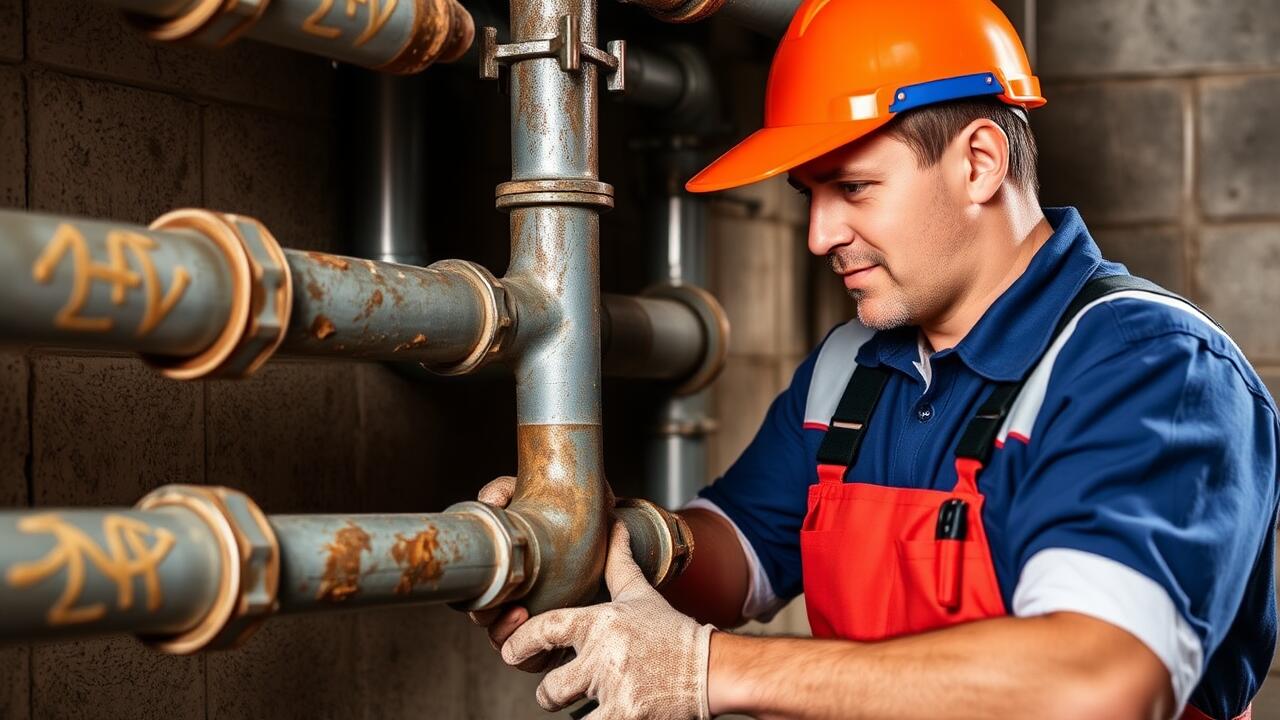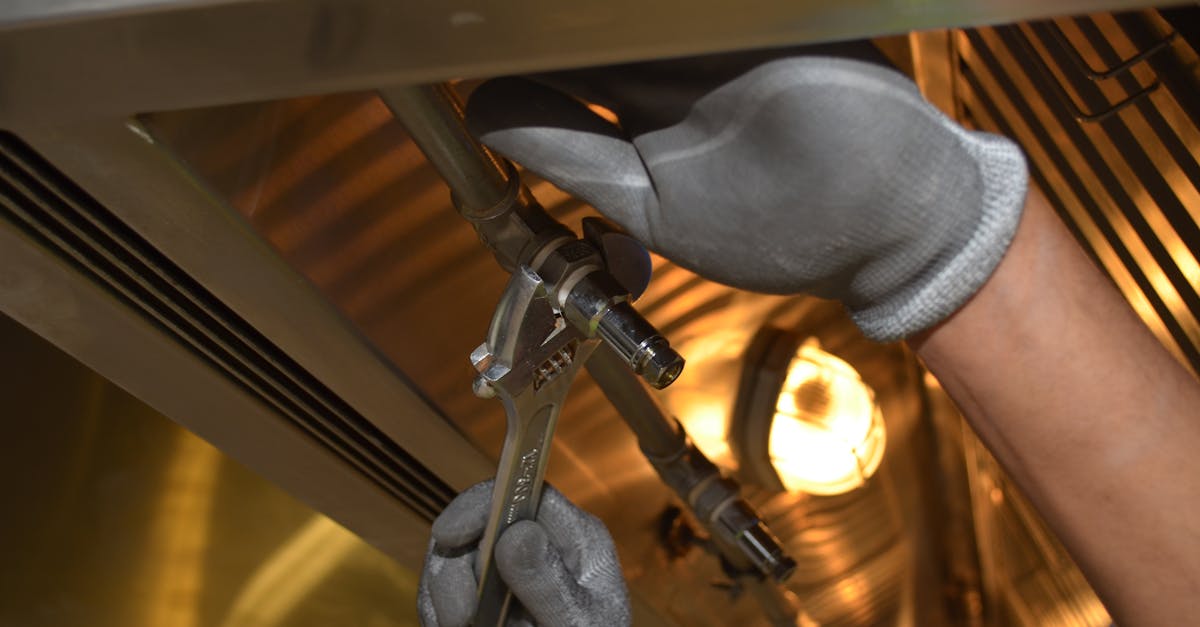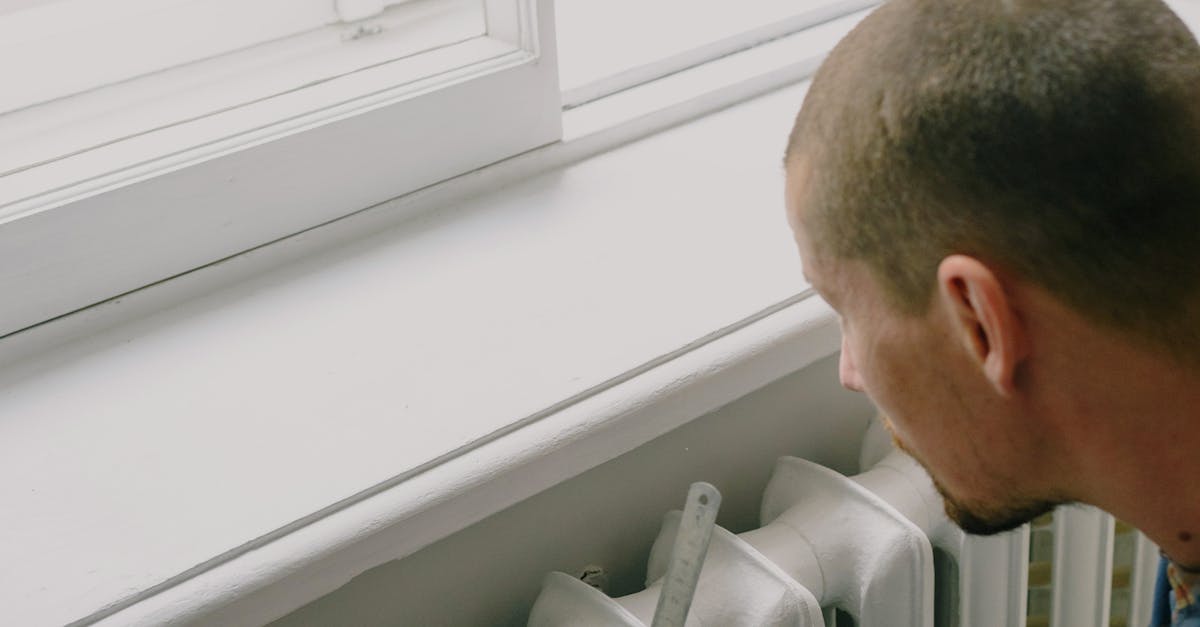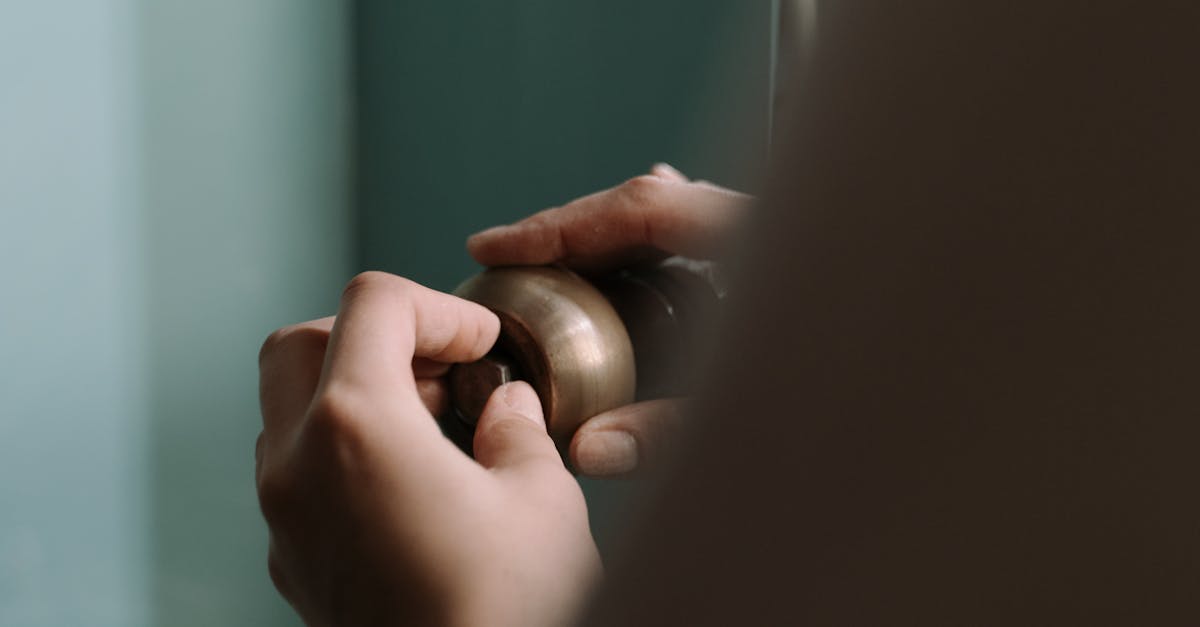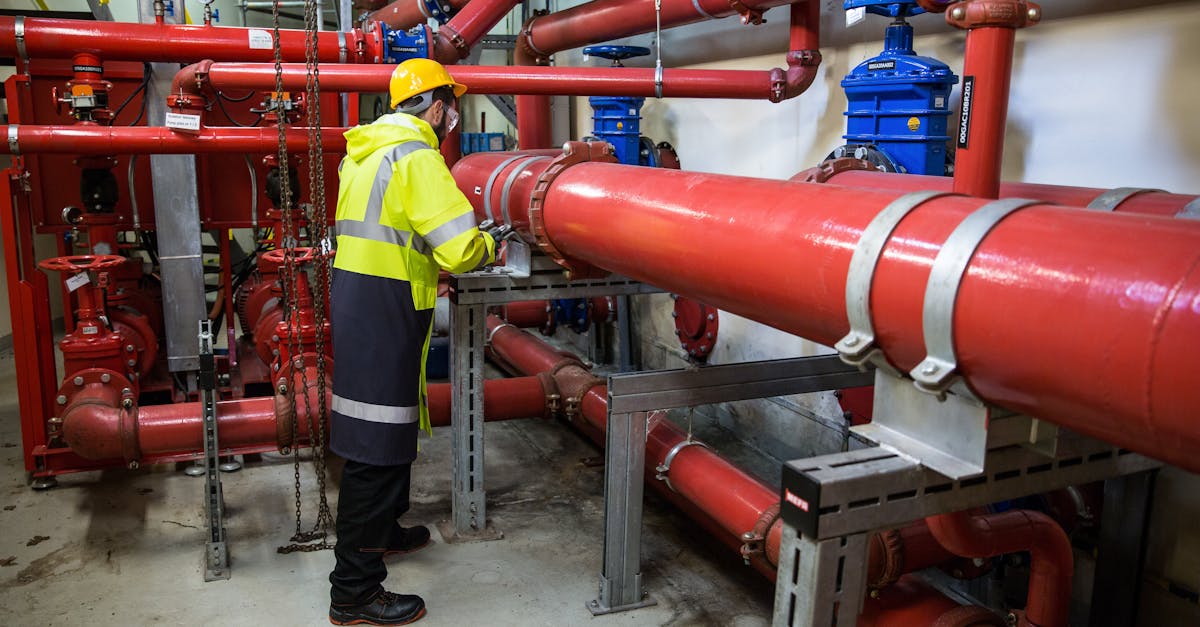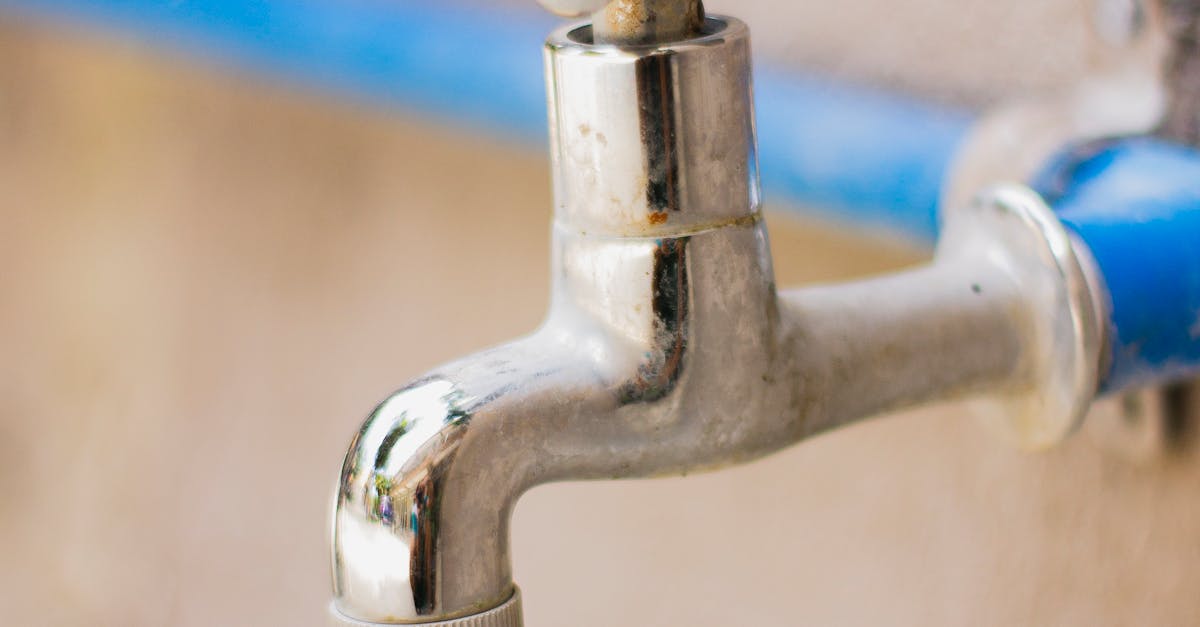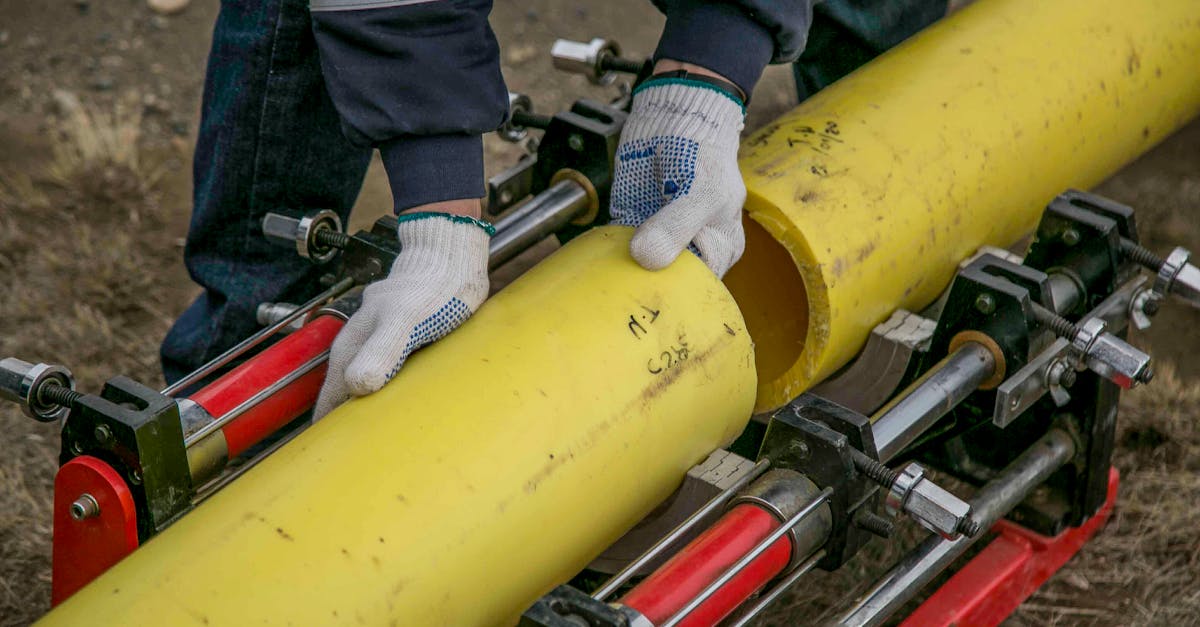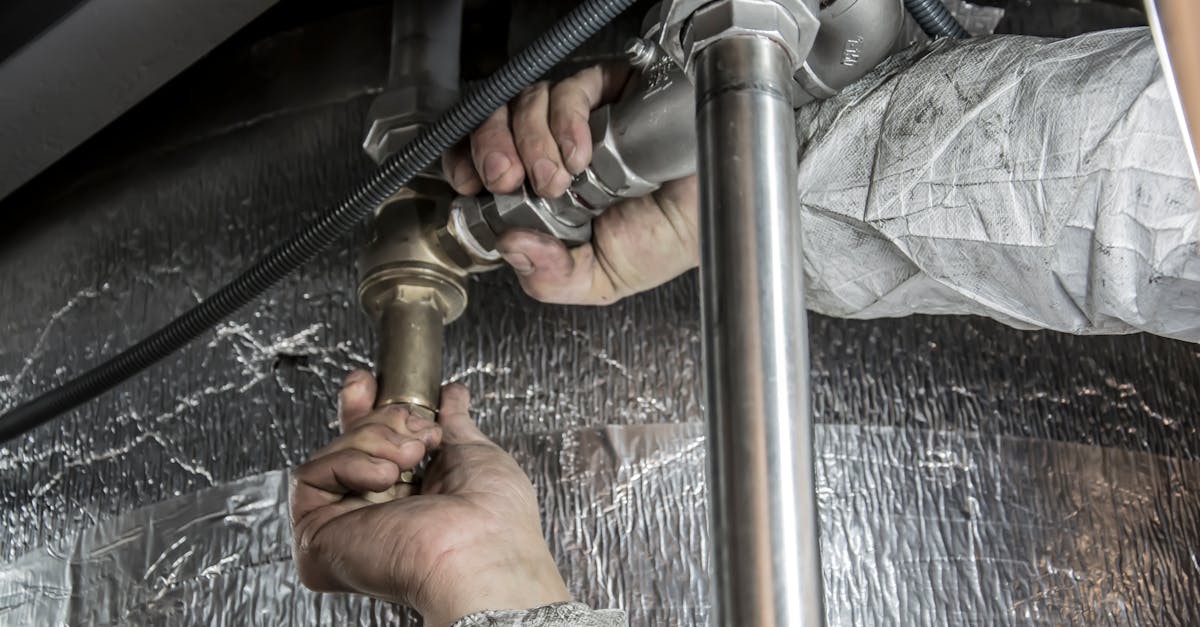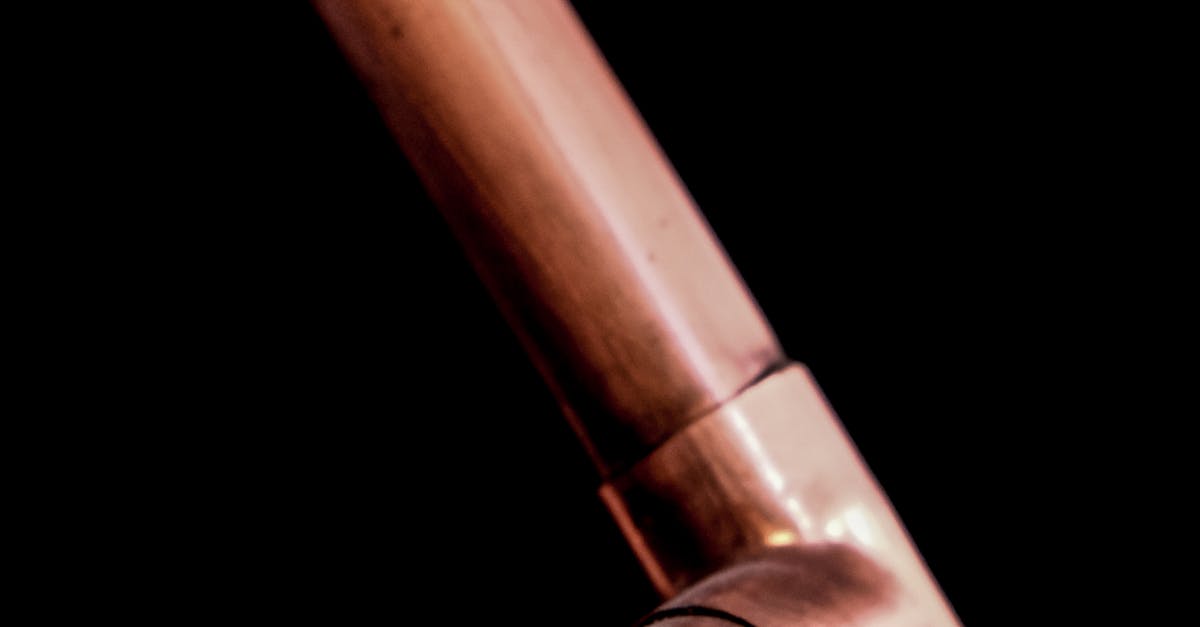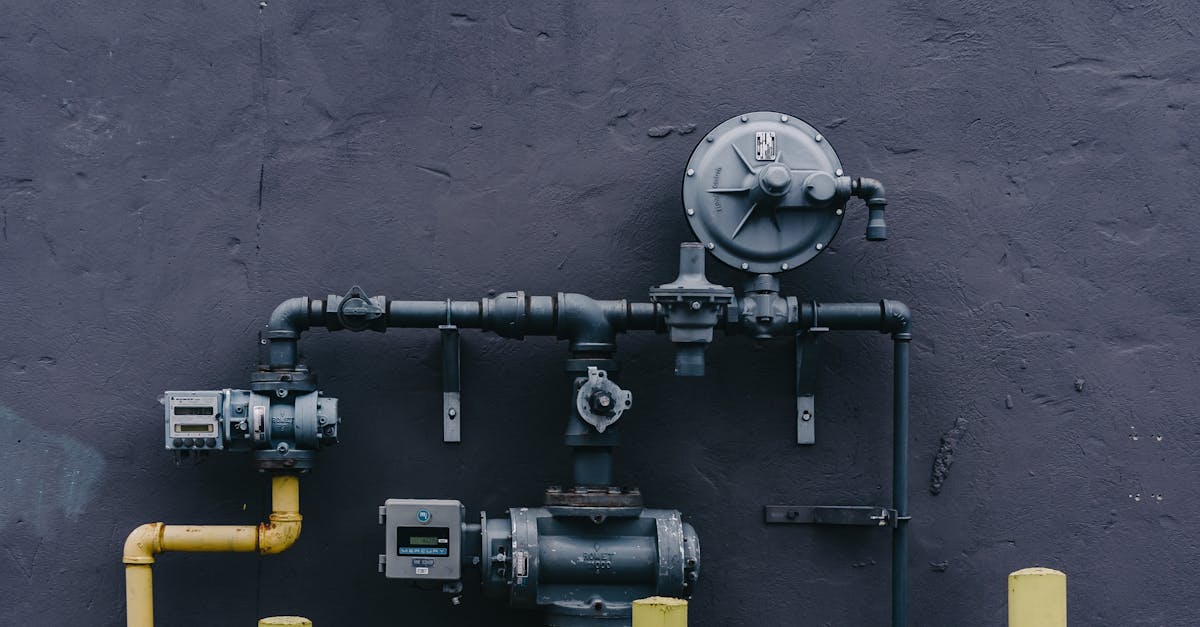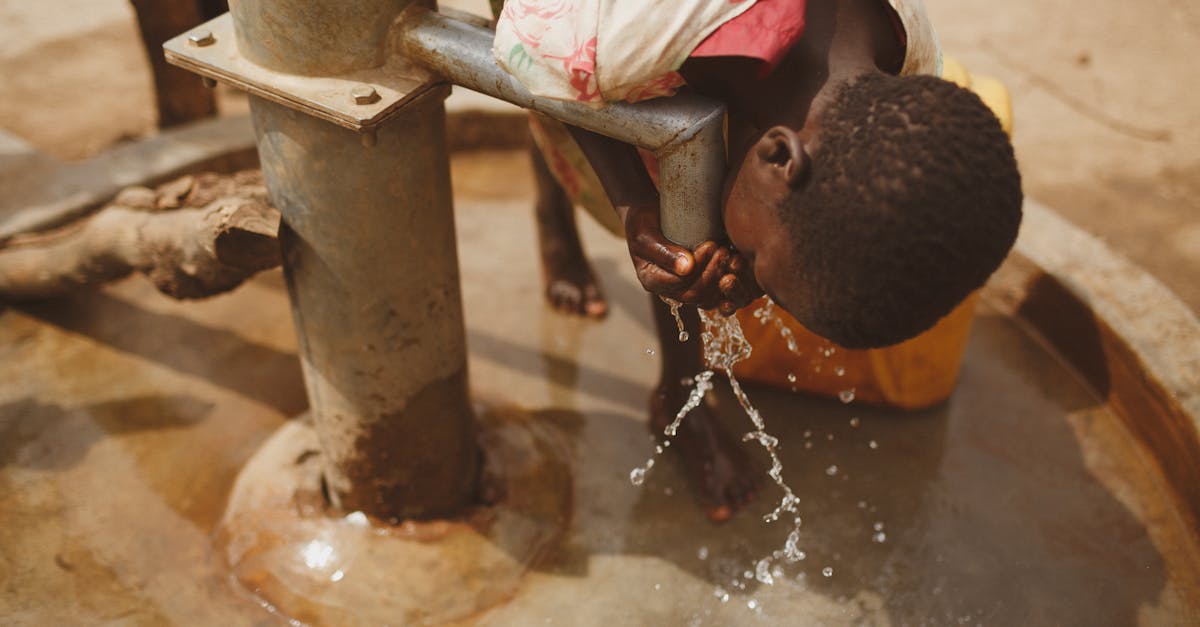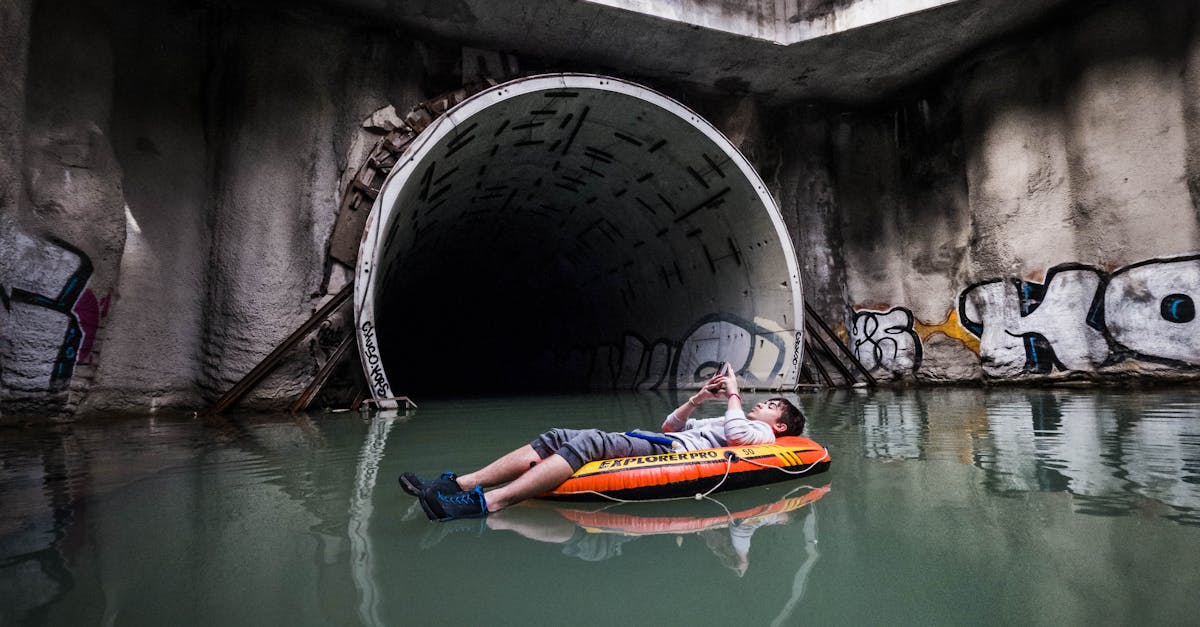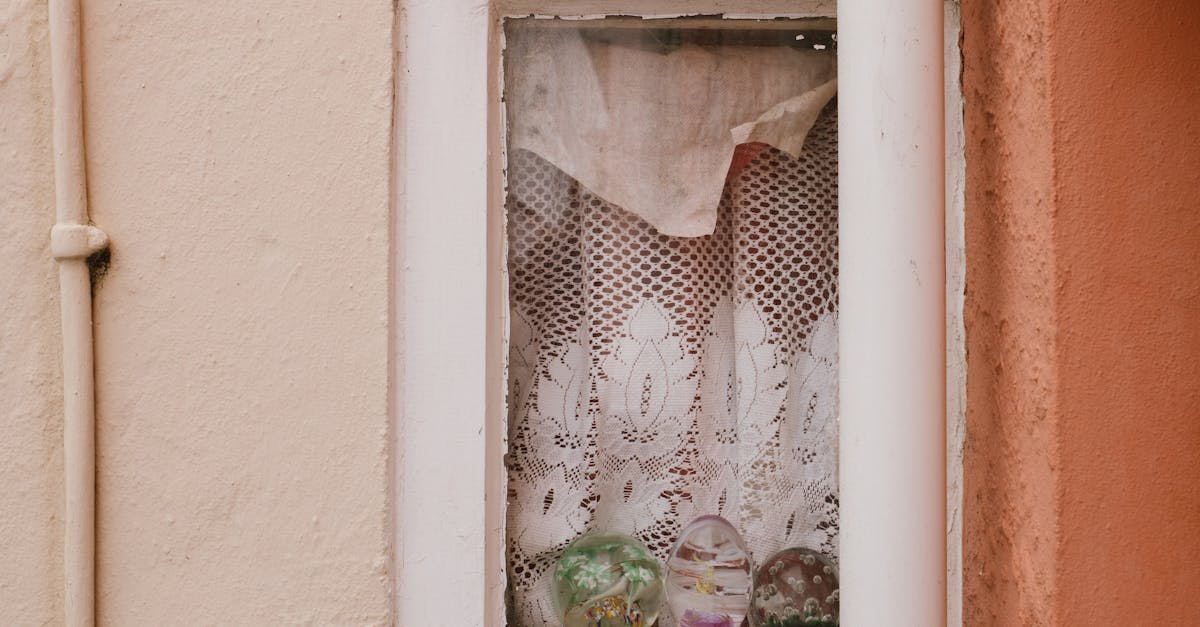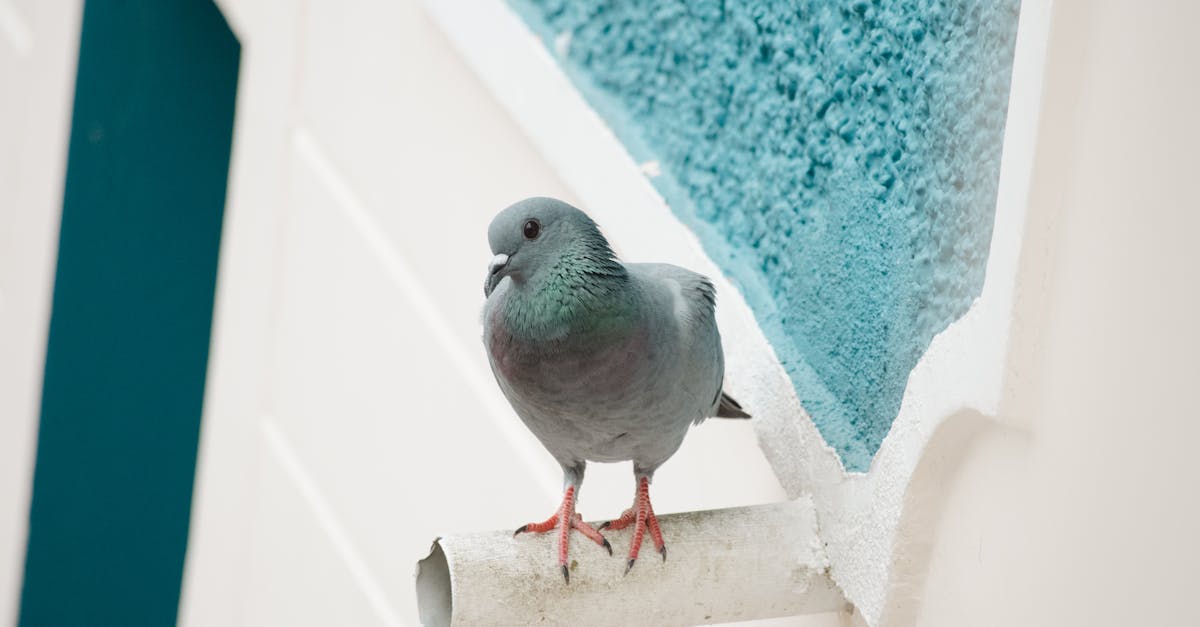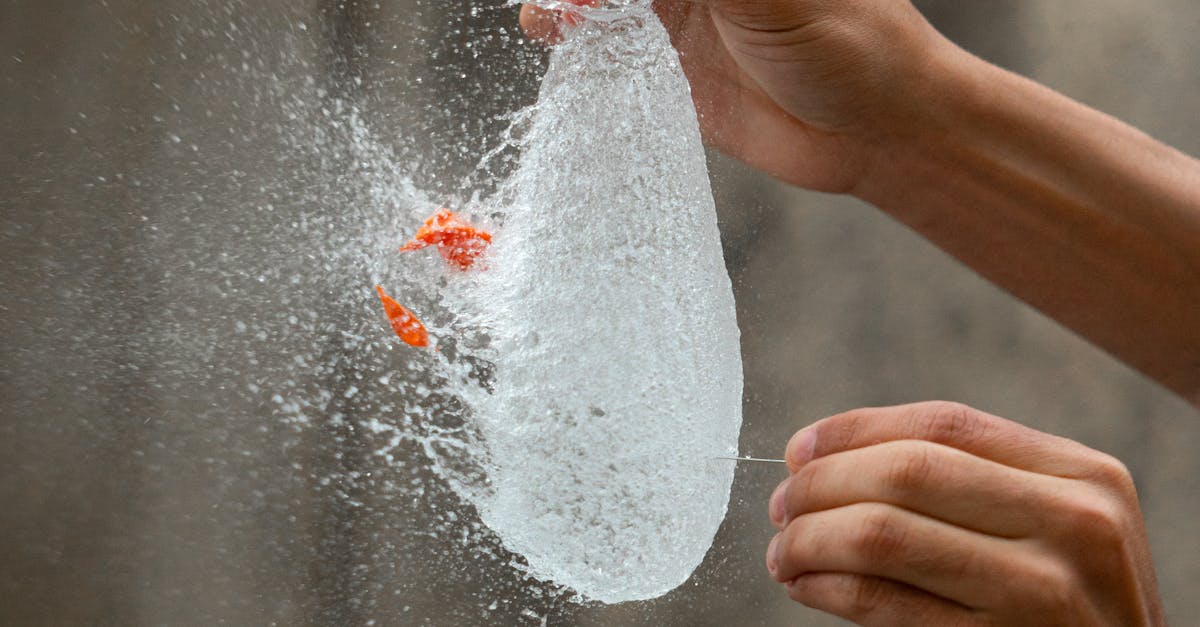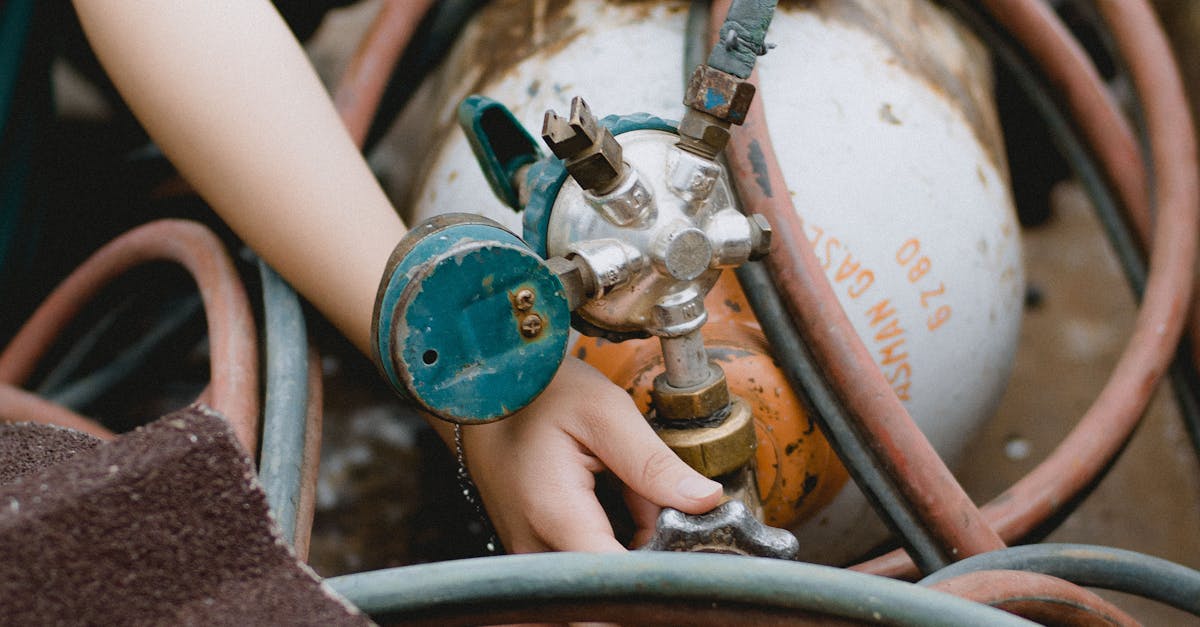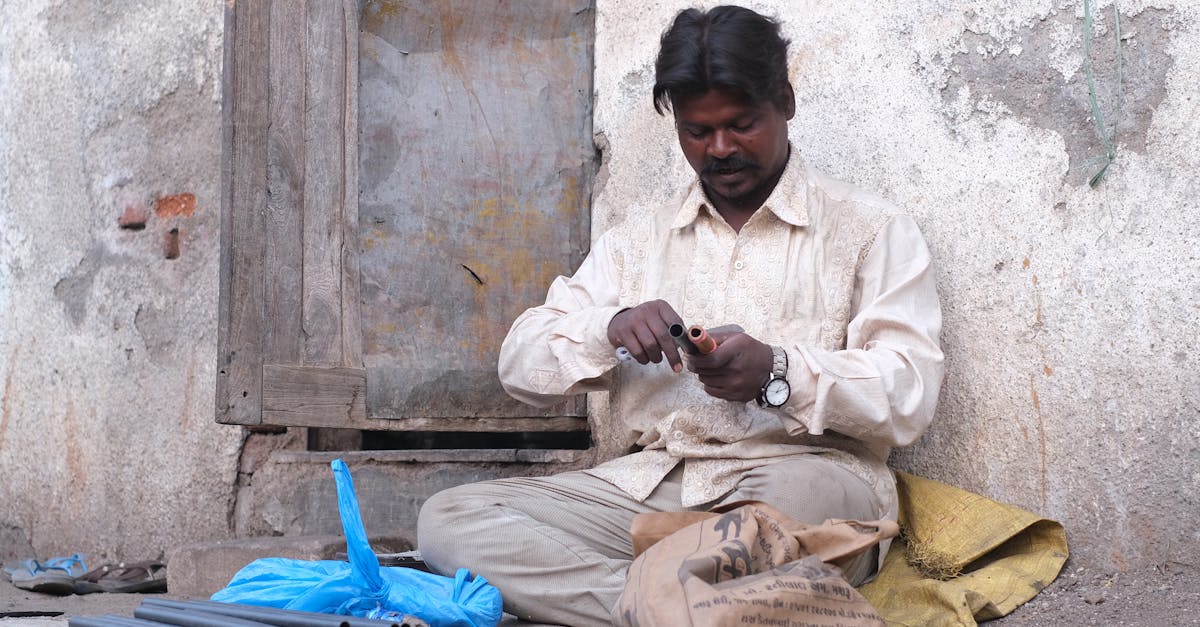
Table Of Contents
Types of Noises You Might Hear
Pipes can produce a variety of sounds that may indicate underlying issues. Some common noises include banging or knocking sounds, often referred to as water hammer. This occurs when water abruptly stops or changes direction, creating shockwaves in the pipes. You might also hear hissing or whistling noises, which can signal high water pressure, a potential precursor to leaks.
In some cases, gurgling sounds may arise, indicating a blockage or venting issue within the plumbing system. These noises can become more pronounced over time, making it crucial to pay attention. Ignoring unusual sounds could lead to more significant problems, potentially requiring assistance from a burst pipe plumber. Recognising these early warning signs can help you prevent costly repairs down the line.
Distinguishing Between Safe and Dangerous Sounds
Pipes can create various noises that may be concerning, but not all sounds indicate impending danger. For example, water flowing through pipes may create a light humming or whistling sound, which generally signals normal operation. However, if you hear a loud banging noise, often referred to as "water hammer," it could indicate an issue with pressure regulation in the system. Identifying and understanding these sounds can help you distinguish between typical sounds and potential alarms for trouble.
Recognising dangerous sounds is crucial for maintaining the safety of your plumbing. Persistent clanging or reverberating sounds when water is running might point to loose pipes or inadequate support. Additionally, strange gurgling noises can signal blockages or air in the plumbing system. In these instances, contacting a burst pipe plumber would be wise to assess and mitigate any potential issues before they escalate into more significant problems.
Maintenance Tips for Pipes
Regular maintenance of your pipes can significantly extend their lifespan and reduce the likelihood of issues like leaks or bursts. Inspecting accessible pipes for signs of wear and tear is essential. Look for rust, corrosion, or loose fittings. Ensuring that your plumbing system is well insulated protects against temperature fluctuations that can lead to cracks. Additionally, flushing your system occasionally helps remove accumulated sediment that can cause blockages and pressure build-up.
If you notice unusual noises, vibrations, or water pressure changes, it’s important to address these concerns promptly. Keeping a close eye on pipe fittings and joints can identify potential problems before they escalate. In some cases, hiring a burst pipe plumber for a thorough inspection may be necessary. This expert intervention can help catch issues early, preventing costly repairs or catastrophic leaks in the future. Regular check-ups and proactive care can save homeowners time and money down the line.
Preventative Measures to Reduce Noise
Maintaining your pipes proactively can significantly reduce the noise they make over time. Regularly inspecting pipes for signs of wear or loose fittings can prevent vibrations that create unwanted sounds. Using pipe insulation is an effective strategy to lessen both noise and the risk of temperature-related issues. Additionally, securing any loose pipes with clamps or brackets can help minimise rattling noises and prevent potential damage.
Another useful approach is ensuring your water pressure is within a manageable range. High water pressure can lead to hammering noises and, eventually, pipe failure. Employing a pressure-reducing valve can help regulate flow and mitigate noise issues. If you do encounter persistent sounds despite these measures, consulting a burst pipe plumber is advisable to diagnose and rectify any underlying problems before they escalate.
When to Seek Professional Help
Noticing unusual sounds from your pipes can be concerning, but not all noises indicate an impending disaster. However, specific auditory clues cannot be ignored. If persistent banging, hissing, or gurgling sounds occur, they may signal a more severe issue. In such cases, it’s wise to consult a burst pipe plumber. Timely intervention can help address potential problems before they escalate into something more significant and costly.
Further indicators that it's time to seek professional help include visible leaks or damp spots on walls and ceilings. Changes in water pressure or sudden spikes in your water bill can also point to looming plumbing problems. A burst pipe plumber can assess these situations, providing necessary repairs or guidance. Regular inspections can prevent future issues and help maintain your plumbing system's integrity.
Indicators That Require Expert Attention
Certain sounds coming from your pipes can be signals that professional assistance is necessary. A continuous banging or vibrating noise, often described as "water hammer," can indicate issues with your plumbing system that could lead to serious problems. Additionally, if you notice hissing or dripping sounds, this may point to water leaks. Ignoring these indicators can lead to more extensive damage and the need for costly repairs.
In cases where your pipes emit unusual clanking or groaning noises, it is wise to consult a burst pipe plumber. These sounds could signify underlying issues such as air trapped in the pipes or pressure build-up. Prompt attention to these warning signs can help prevent further complications and ensure that your plumbing system remains in optimal condition. Taking proactive measures now can save time and stress down the line.
FAQS
What types of noises might indicate that my pipes are in distress?
Common noises include banging, clanging, hissing, or gurgling sounds. These can indicate air in the pipes, water hammer, or potential leaks, which may signal that the pipes are under stress.
How can I distinguish between safe and dangerous pipe sounds?
Safe sounds may include the normal flow of water, while dangerous sounds could be sudden loud bangs or persistent hissing. If you notice unusual noises that persist or worsen, it may be a sign of a problem that needs attention.
What maintenance tips can I follow to prevent pipe noise?
Regularly check for leaks, ensure pipes are securely fastened, insulate pipes to prevent freezing, and flush your system periodically to remove debris. This can help minimise noisy pipes and potential issues.
What preventative measures can I take to reduce pipe noise?
Consider installing water hammer arrestors, securing loose pipes, or using pipe insulation. These steps can help absorb vibrations and reduce noise levels in your plumbing system.
When should I seek professional help regarding noisy pipes?
If the noises are consistent, loud, or accompanied by other issues like water damage or slow drainage, it's best to call a professional plumber. They can accurately diagnose the problem and offer appropriate solutions.
